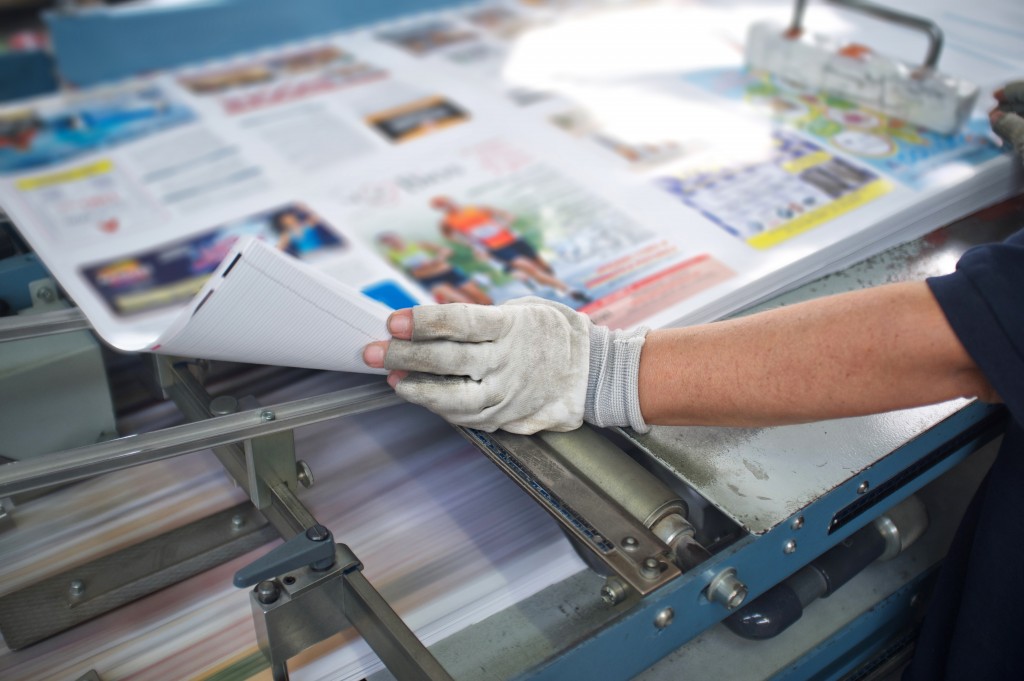- Implementing an automated production line can significantly enhance the speed, precision, and quality control in cosmetics manufacturing.
- Investing in energy-efficient machinery reduces environmental impact while lowering operational costs, contributing to a positive brand image.
- Adopting lean manufacturing principles can eliminate waste, increase productivity, and promote continuous improvement in cosmetics manufacturing.
- Effective supply chain management, facilitated by modern technologies, ensures timely delivery, product quality, and efficient operations in cosmetics manufacturing.
Imagine if you could streamline your cosmetics manufacturing process, increasing profit margins while reducing waste. Efficiency is the key to this transformation. You can optimize the production line, improve quality control, and surpass customer expectations through innovative methods and technologies while minimizing your environmental impact. Welcome to the future of efficient cosmetics manufacturing.
Enhance Quality Control Measures
Quality control is pivotal in cosmetics manufacturing, ensuring that each product meets the highest standards before reaching the customer. Here are some tips:
Implement an Automated Production Line

Implementing an automated production line is one key strategy to enhance quality control in cosmetics manufacturing. Integrating an industrial-grade rotary cup-filling machine into your production process can significantly increase both speed and precision. This machinery is designed to fill containers with accurate quantities of your product, ensuring uniformity across the entire batch.
It also minimally exposes the product to environmental contaminants, preserving its quality. Furthermore, by reducing manual handling, an automated cup filler reduces human error, boosts productivity, and ultimately drives cost-efficiency. Therefore, investing in such advanced equipment effectively promotes sustainable and efficient cosmetic production.
Invest in Energy-Efficient Machinery

Investing in energy-efficient machinery is another crucial step towards achieving sustainability and efficiency in cosmetics manufacturing. Not only do energy-efficient machines reduce your carbon footprint, but they also help to lower operational costs.
These machines are designed to harness the power of cutting-edge technologies, using minimal energy to operate at an optimal level. Consequently, they can lead to substantial savings on energy bills in the long run.
Additionally, by leveraging energy-efficient machinery, manufacturers can strengthen their brand image as a responsible, green company, which is increasingly important to today’s environmentally conscious consumers. This strategic investment, therefore, offers promising returns, making it a win-win for both the environment and your bottom line.
Adopt Lean Manufacturing Principles
Adopting lean manufacturing principles is an effective strategy to enhance efficiency in the cosmetics manufacturing process. Originating from the Japanese automotive industry, the lean methodology eliminates waste in all forms, including overproduction, waiting time, transportation, extra processing, and defects.
Companies can significantly reduce waste, increase productivity, and improve product quality by meticulously analyzing and streamlining every step of the manufacturing process. Lean principles also promote continuous improvement, encouraging a culture of innovation and efficiency throughout the organization. Through lean techniques, cosmetics manufacturers can achieve a sustainable production model that drives profitability, improves customer satisfaction, and reduces environmental impact.
Improve Supply Chain Management
Effective supply chain management is crucial in cosmetics manufacturing. It’s not just about ensuring timely delivery of raw materials and finished goods, but also about maintaining the quality and integrity of the products throughout the process. By leveraging modern technologies like cloud-based software, manufacturers can track, monitor, and manage their supply chains more efficiently.
This transparency helps identify bottlenecks, predict potential disruptions, and take preemptive measures to mitigate risks. It also enables better supplier collaboration, leading to stronger, more reliable relationships. Furthermore, an optimized supply chain can reduce overhead costs and lead times, enhancing customer satisfaction. Thus, efficient supply chain management underscores a successful, sustainable, and profitable cosmetics manufacturing business.
Conduct Regular Equipment Maintenance
Regular equipment maintenance is a critical factor that underlines the success and longevity of your cosmetics manufacturing operation. Properly maintained machinery operates at peak efficiency, reducing energy usage and environmental impact. Still, it also minimizes the risk of unexpected breakdowns that can lead to costly production delays or compromised product quality.
A proactive maintenance strategy, including routine inspections, timely repairs, and preventive measures, can enhance the lifespan of your equipment, maximizing your return on investment. Moreover, a well-maintained production line ensures consistent product output, which is crucial in maintaining the trust and satisfaction of your customers.
Therefore, regular equipment maintenance is not just a cost of doing business—it’s a strategic investment that can yield substantial long-term benefits for your cosmetics manufacturing enterprise.
Invest in Employee Training
Investing in employee training is a crucial aspect of efficient cosmetics manufacturing. Well-trained employees understand how to operate machinery and equipment effectively and uphold the highest standards of quality control and safety. Thorough training programs can equip employees with the necessary skills to optimize production, fostering a culture of continuous improvement and innovation.
Additionally, ongoing training opportunities can boost employee morale, engagement, and retention, contributing to a more productive and harmonious workplace. Moreover, keeping staff updated on the latest technologies, methodologies, and best practices is essential to maintaining competitiveness as the cosmetics industry evolves. Therefore, investing in employee training is not merely a cost—it’s a strategic investment that can yield significant dividends in productivity, product quality, and overall business performance.
In conclusion, there’s no denying the transformative power of efficiency in cosmetics manufacturing. Start investing in efficiency today and pave your way to the forefront of the cosmetics industry. Don’t just keep up with the competition – surpass it!


